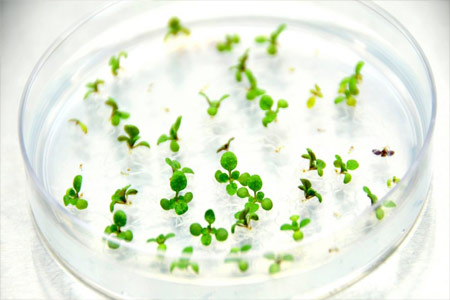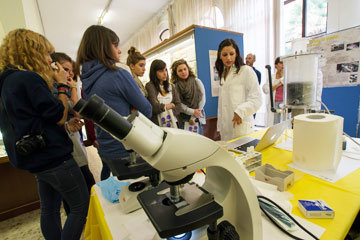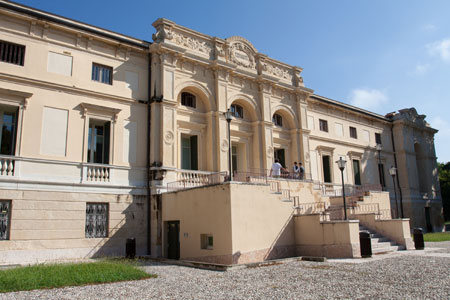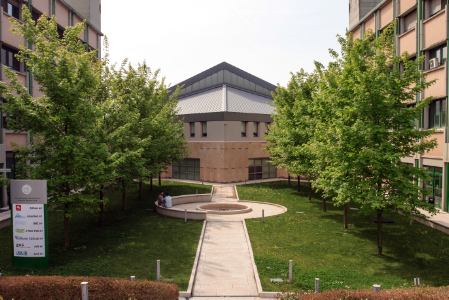Learning outcomes
Mankind has used plants as a source of raw materials and medicines for thousands of years. From the earliest stages of civilization, plant extracts have been used to ob¬tain technical materials and drugs to ease suffering and cure disease. Since the late seventies, many valuable therapeutic and diagnostic proteins have been discovered through molecular biology research and molecular medicine, but widespread use of these molecules has been hampered by production bottlenecks such as low yields, poor and inconsistent product quality and a shortage of production capacity. In the late 1980s, the application of recombinant DNA and protein technology in plants al¬lowed the exploration of plant-based expression systems for the production of safer and cheaper protein medicines. Over the last decade, plants have emerged as a convenient, safe and economical alternative to mainstream expression systems which are based on the large-scale culture of microbes or animal cells, or transgenic animals. The production of plant-made pharmaceuticals and technical proteins is known as Molecular Farming. The objective of this course is to illustrate how to harness the power of agriculture to cultivate and harvest plants or plant cells producing recombi¬nant therapeutics, diagnostics, industrial enzymes and green chemicals.
Program of the course
• Protein expression systems in planta:
transient: plant virus as vectors
stable: nuclear transformation, plastid transformation
• Sub cellular target
• Organ specific expression (seed)
• Cell suspension and hairy roots
• Host plant and model
• “Food” and “non food” plants
• Green algi
• Molecules:
Antibodies
Vaccines
Antigens
Peptides
• Post translation modification in plants
Glycosilation in plants
• Quantification of recombinant proteins
• Biological properties of the molecules
• Extraction and purification processes downstream processes
• Clinical studies







